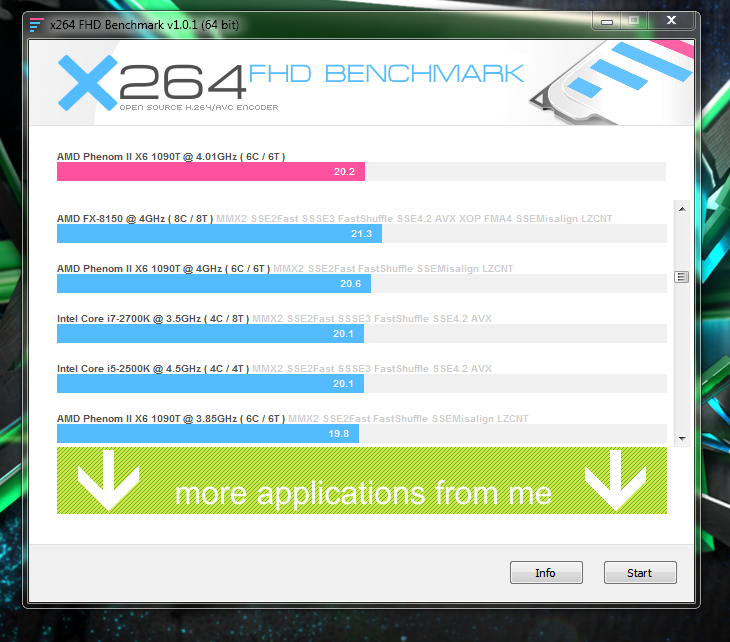Why are we calling the FX4 a quad core now? I thought it was a 4 "module", but in reality 2 core chip... I'm not an engineer, but I was pretty certain from what I'd read that AMD's modules weren't good enough to be called cores as they shared resources like FPUs and schedulers?
A core is the workhorse in the center of the CPU's fuctions (hence the name core)
And yes the FX-4 / 6 / 8... have 4, 6 and 8 of them, the diffrance is the FX CPU's have 2 'Cores' sharing 1 floating point thread, where as Intel's hyper threading CPU's have 2 floating point threads, sharing 1 'Core'.
This is why Intel's Sandy Bridge ecte.... have faster memory instructions, they have 2 threads coming from 1 core delivering the data at a higher bandwidth.
By comparison 2 of AMD's cores are having to share 1 data stream with its neighboring core.
This is 'at least' off set once all 8 cores and there 4 threads are used.
It should be mentioned that 2 threads to 1 core is faster than 1 core having 1 thread, but is not as fast as 2 cores with 2 threads.
by the same token 2 cores using 1 thread is faster than 1 core using 1 thread but again not as fast as 2 cores using 2 threads.
AMD's idea is to pile up cores by having 2 cores use the same thread, Intel at this moment have the right idea by using less cores and more threads by using 2 threads per core.
But, as things start looking simply for (how many threads there are to use) AMD will start to come into its own, which is why you do see the FX-8150 beating a 1100t and a 2500K in those few things that are at the moment highly threaded, and they are going to keep piling on cores (Piledriver was originally intended to have 10 Cores and 5 threads) but seem to have dropped that idea for now, probably because they realized they are getting to far ahead of there time.
2500K using 4 cores and 8 threads faster than Phenom II x4 using 4 cores and 4 threads, however... Phenom II x6 with 6 cores and 6 threads = faster than 2500K with 4 cores and 8 threads, AMD FX-8150 using 8 cores and 4 threads faster than Phenom II x6. actual real cores always trump threads alone.
IBM are widely considered to have the most powerful CPU's on the planet, and those CPU's are the same 2 core 1 module design, no coincidence then that AMD and IBM are bosom buddies.
Where this is also good for Intel lovers is the Ridiculous £800 price of there 6 core, which will have to come right down when things become multi threaded and AMD start to pull ahead.
Last edited:




